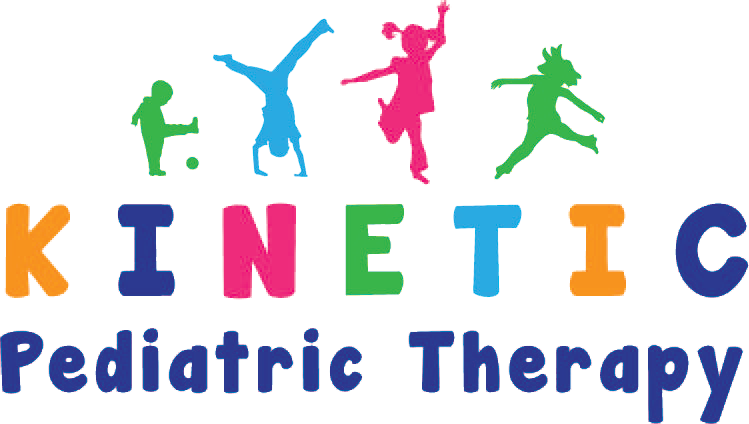
Understanding Speech Disorders: Types, Causes, and Treatment
In a world where communication is key, speech disorders can significantly impact an individual’s ability to express themselves effectively. Whether it’s difficulty forming sounds, organizing thoughts, or understanding language, speech disorders can manifest in various ways and affect people of all ages. Understanding the different types, causes, and treatment options for speech disorders is crucial for both individuals experiencing these challenges and those who support them.
Exploring Speech Disorders
Speech disorders encompass a wide range of conditions that affect the production, fluency, and clarity of speech. From stuttering and lisps to apraxia and dysarthria, each disorder presents unique challenges for those affected. The common thread among these disorders is the disruption they cause in the ability to communicate efficiently.
Types of Speech Disorders
- Stuttering
Stuttering is perhaps one of the most well-known speech disorders, characterized by disruptions in the flow of speech. People who stutter may repeat sounds, syllables, or words, prolong sounds, or experience involuntary pauses during speech.
- Apraxia of Speech
Apraxia of speech is a motor speech disorder that affects the ability to plan and execute the movements necessary for speech. Individuals with apraxia may have difficulty coordinating the muscle movements required to produce sounds and form words correctly.
- Dysarthria
Dysarthria is a condition that results from weakness or paralysis of the muscles involved in speech production. It can cause slurred or indistinct speech, changes in voice quality, and difficulty controlling the volume of speech.
- Articulation Disorders
Articulation disorders involve difficulties in producing sounds and forming words correctly. This can include substituting one sound for another, omitting sounds, or distorting sounds, leading to speech that is difficult to understand.
- Voice Disorders
Voice disorders affect the quality, pitch, or volume of the voice. Conditions such as vocal nodules, polyps, or laryngitis can cause hoarseness, breathiness, or loss of voice altogether.
- Language Disorders
While not strictly speech disorders, language disorders impact a person’s ability to understand and use language effectively. This can include difficulties with grammar, vocabulary, and comprehension.
Causes of Speech Disorders
The causes of speech disorders can vary widely and may include:
Genetic Factors: Some speech disorders have a genetic component, meaning they run in families.
Neurological Conditions: Conditions such as cerebral palsy, traumatic brain injury, or stroke can disrupt the brain’s ability to control speech muscles.
Developmental Delays: Speech disorders may arise as a result of developmental delays or abnormalities in the structure or function of the speech organs.
Environmental Factors: Exposure to environmental toxins, infections, or trauma during early development can also contribute to speech disorders.
Treatment for Speech Disorders
The treatment for speech disorders depends on the specific type and severity of the condition. However, common approaches may include:
Speech Therapy: Speech therapy involves working with a qualified speech-language pathologist to improve communication skills through exercises, techniques, and strategies tailored to the individual’s needs.
Augmentative and Alternative Communication (AAC): For individuals who have difficulty speaking, AAC devices such as picture boards, communication apps, or speech-generating devices can provide alternative means of expression.
Medication: In some cases, medication may be prescribed to address underlying conditions that contribute to speech disorders, such as muscle weakness or neurological disorders.
Surgery: In rare instances, surgery may be recommended to correct structural abnormalities or address conditions such as vocal cord nodules or polyps.
Seeking Help for Speech Disorders
If you or someone you know is experiencing difficulties with speech, it’s essential to seek help from a qualified professional. Speech-language pathologists specialize in diagnosing and treating speech disorders and can develop personalized treatment plans to address specific needs.
At Kinetic Physical Therapy in Greenville, NC, our team of experienced speech-language pathologists is dedicated to helping individuals overcome speech challenges and improve their communication skills. Through comprehensive evaluations and evidence-based interventions, we work collaboratively with clients to achieve their communication goals.
Speech disorders can have a significant impact on an individual’s quality of life, affecting their ability to express themselves and connect with others. By understanding the different types, causes, and treatment options for speech disorders, we can better support those affected and help them thrive. If you or someone you know is struggling with speech, don’t hesitate to reach out for support. Together, we can work towards better communication and a brighter future.
Please Share




